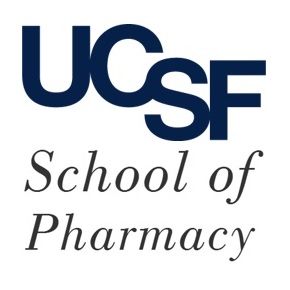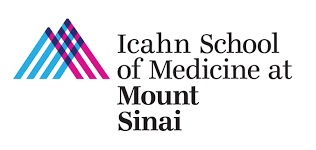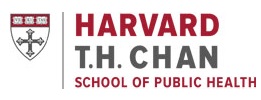Submitted by ja607 on
| Title | Whole-transcriptome sequencing in blood provides a diagnosis of spinal muscular atrophy with progressive myoclonic epilepsy. |
| Publication Type | Journal Article |
| Year of Publication | 2017 |
| Authors | Kernohan, KD, Frésard, L, Zappala, Z, Hartley, T, Smith, KS, Wagner, J, Xu, H, McBride, A, Bourque, PR, Consortium, CRare Canad, Bennett, SAL, Dyment, DA, Boycott, KM, Montgomery, SB, Chardon, JWarman |
| Journal | Hum Mutat |
| Volume | 38 |
| Issue | 6 |
| Pagination | 611-614 |
| Date Published | 2017 Jun |
| ISSN | 1098-1004 |
| Keywords | Acid Ceramidase, Child, Preschool, Humans, Male, Muscular Atrophy, Spinal, Mutation, Myoclonic Epilepsies, Progressive, Pathology, Molecular, RNA Splicing, Sequence Analysis, DNA, Transcriptome |
| Abstract | At least 15% of the disease-causing mutations affect mRNA splicing. Many splicing mutations are missed in a clinical setting due to limitations of in silico prediction algorithms or their location in noncoding regions. Whole-transcriptome sequencing is a promising new tool to identify these mutations; however, it will be a challenge to obtain disease-relevant tissue for RNA. Here, we describe an individual with a sporadic atypical spinal muscular atrophy, in whom clinical DNA sequencing reported one pathogenic ASAH1 mutation (c.458A>G;p.Tyr153Cys). Transcriptome sequencing on patient leukocytes identified a highly significant and atypical ASAH1 isoform not explained by c.458A>G(p<10 ). Subsequent Sanger-sequencing identified the splice mutation responsible for the isoform (c.504A>C;p.Lys168Asn) and provided a molecular diagnosis of autosomal-recessive spinal muscular atrophy with progressive myoclonic epilepsy. Our findings demonstrate the utility of RNA sequencing from blood to identify splice-impacting disease mutations for nonhematological conditions, providing a diagnosis for these otherwise unsolved patients. |
| DOI | 10.1002/humu.23211 |
| Alternate Journal | Hum Mutat |
| PubMed ID | 28251733 |
| PubMed Central ID | PMC5889109 |
| Grant List | R01 HG008150 / HG / NHGRI NIH HHS / United States U01 HG009080 / HG / NHGRI NIH HHS / United States T32 HG000044 / HG / NHGRI NIH HHS / United States U01 HG007436 / HG / NHGRI NIH HHS / United States K22 HG000044 / HG / NHGRI NIH HHS / United States R01 MH101814 / MH / NIMH NIH HHS / United States |





